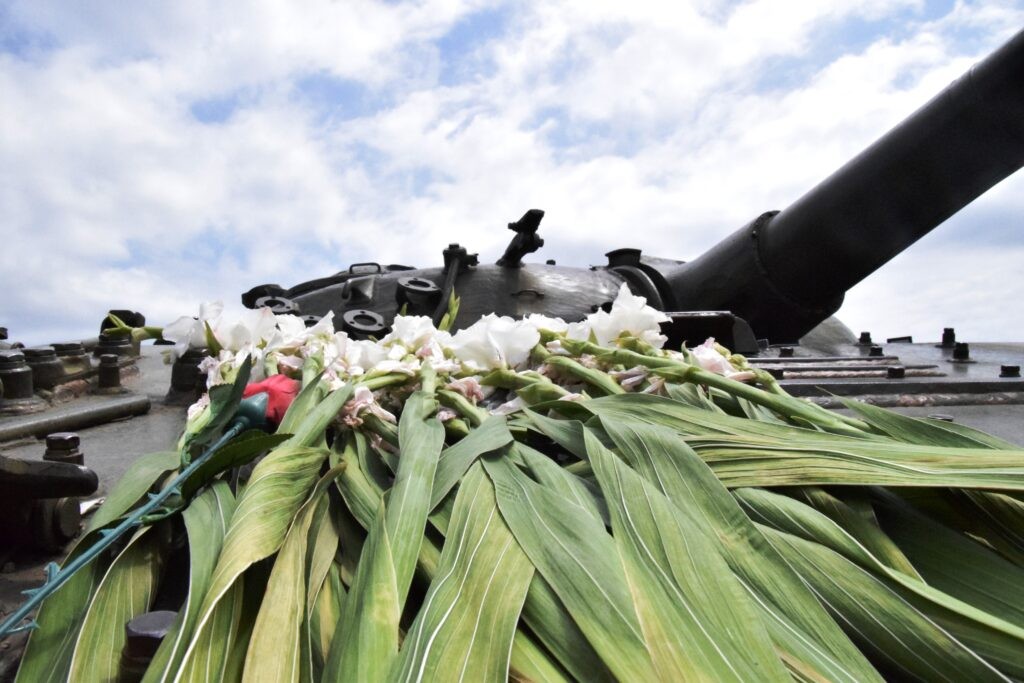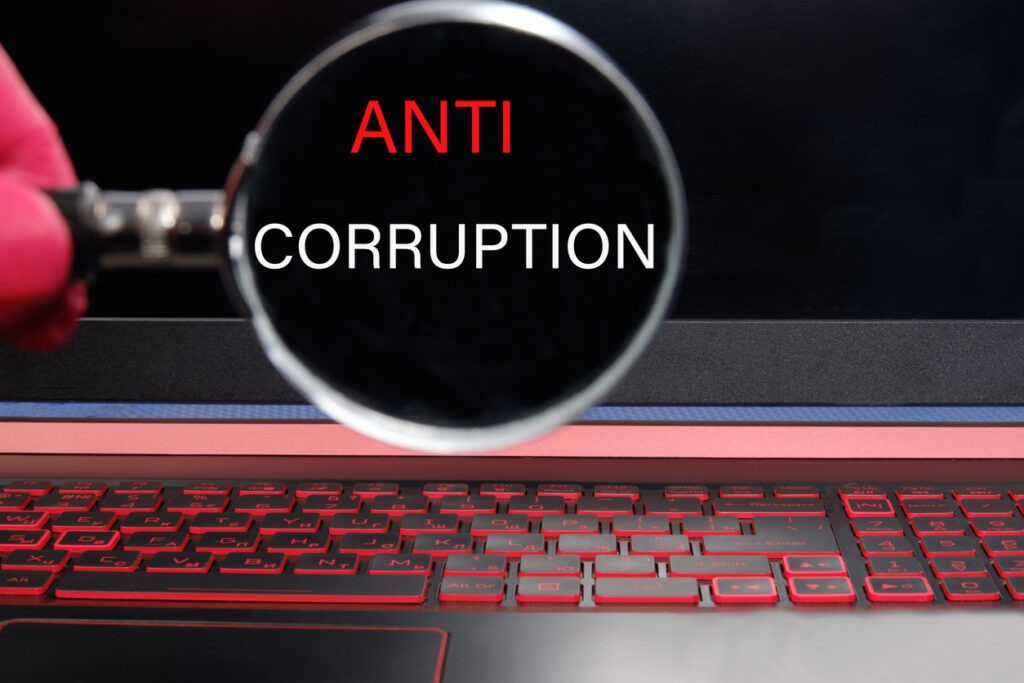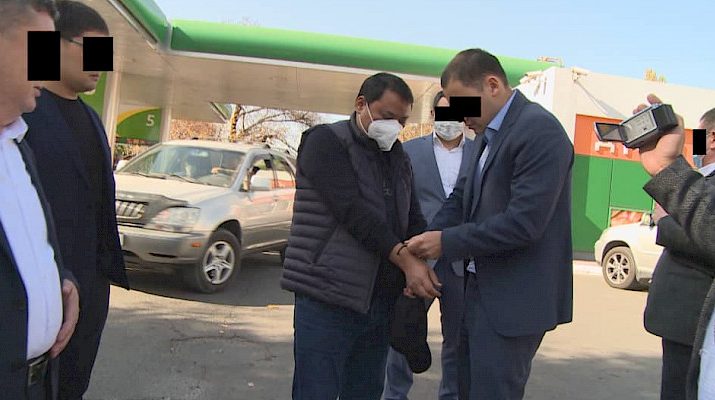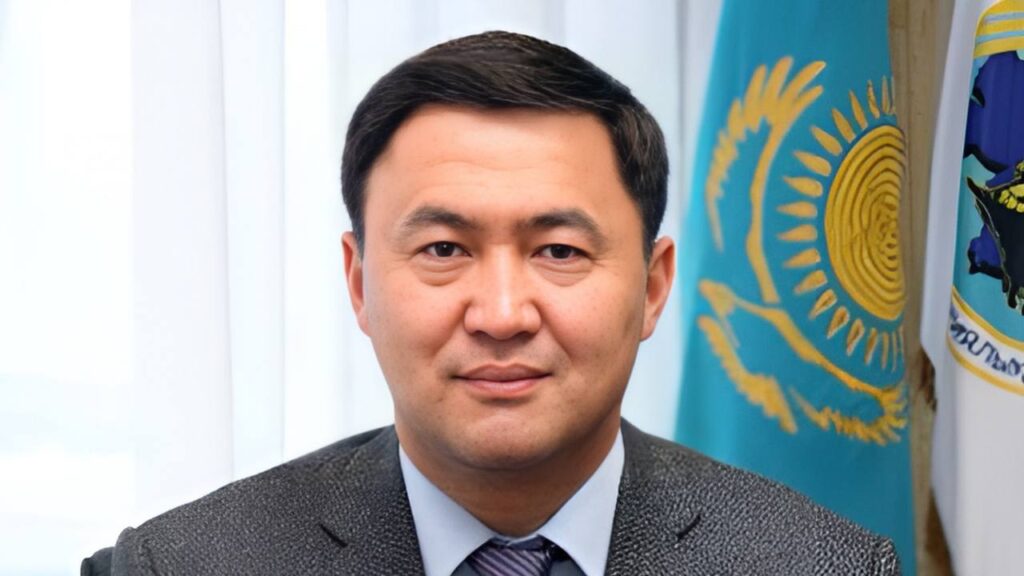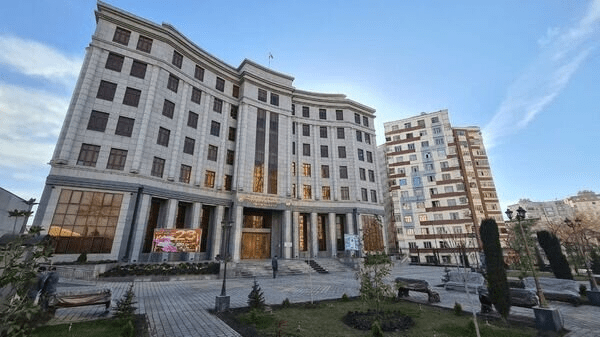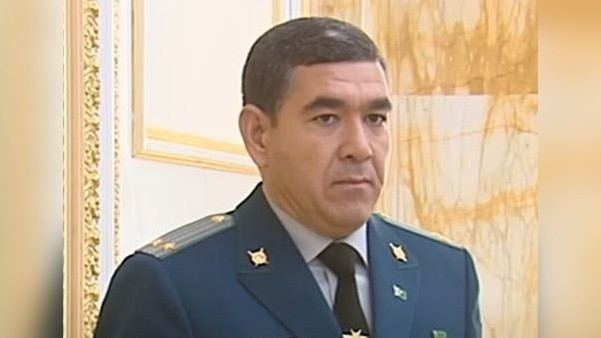One Step Forward, Two Steps Back: the EU’s Indecisive Strategy Towards Eurasia
Times of Central Asia Editorial Marking the next chapter in the geopolitical re-balancing competition between Russia and the West, the European Parliament (EP) on 13 March passed a resolution on deepening ties between the EU and Armenia. The document puts forth the possibility of granting Armenia candidate status for EU membership. Shortly after, Armenia’s Deputy Foreign Minister stated that a new cooperation agreement with the EU could be signed by July 2024. The EP’s “Renew Europe” block, at the forefront of some of the harshest motions and resolutions against Central Asian republics in the EU, endorsed this outreach towards Armenia. This comes a few weeks after Armenia froze its participation in the Russian-led military alliance of six post-Soviet states, known as the Collective Security Treaty Organization (CSTO), after citing the Organization’s failure to fulfill its obligations towards Armenia in its conflict with Azerbaijan. These recent developments should be considered in the wider context of the EU’s eastward outlook, which has not always been evenhanded. Previously, on 17 January 2024, the EP had passed a resolution detailing the EU’s strategy on Central Asia, which recognized that the region is of “strategic interest to the EU in terms of security and connectivity, as well as energy and resource diversification, conflict resolution, and the defense of the multilateral rules-based international order”. European leaders ostensibly want to bring the Caucasus and Central Asia into the Western fold and away from Russia, China and other competing regimes or ideologies. Economic and security considerations may indeed pull European and Eurasian interests closer. Nonetheless, Central Asian states will likely, and understandably, choose to implement a multi-faceted foreign policy to diversify their trade and security alliances as they continue to transact and maintain working relationships with their powerful regional neighbors. Note that Chinese, Russian and other non-Western investment promises in Central Asia outweigh similar engagements from the EU. There remain other potential obstacles to further cooperation. Not surprisingly, the EU seeks to have a degree of “values alignment” before establishing economic and security partnerships in the region, such as strengthened rule of law, human rights, and freedoms. On the other hand, the EU is sometimes perceived as giving conflicting and even insincere messages. Examples with regard to Central Asia include instances where the EU has asked for progress in certain areas, but then failed to acknowledge policy implementation, or even doubled down on its criticisms despite positive steps taken by the targeted country’s leadership. Take, for instance, the discussions in the EU around the violent unrest in Kazakhstan in January 2022. The EU has called on Kazakhstan to investigate the events and to undertake reforms. In the last two years, Kazakhstan’s president Kassym-Jomart Tokayev has overseen a batch of ambitious reforms, including enhanced political participation and representation as well as a stronger legal system and improved human rights, which are essentially unprecedented in the region. The progress made, however, does not seem to have materially swayed the EU’s outlook on the country. In terms of the investigations and...


